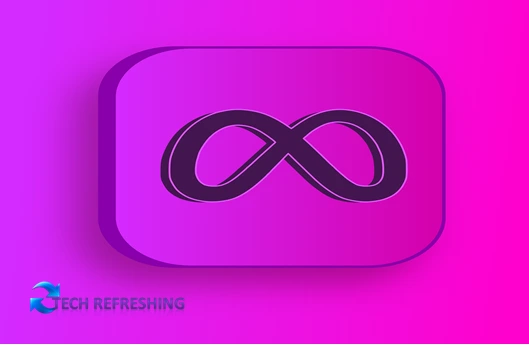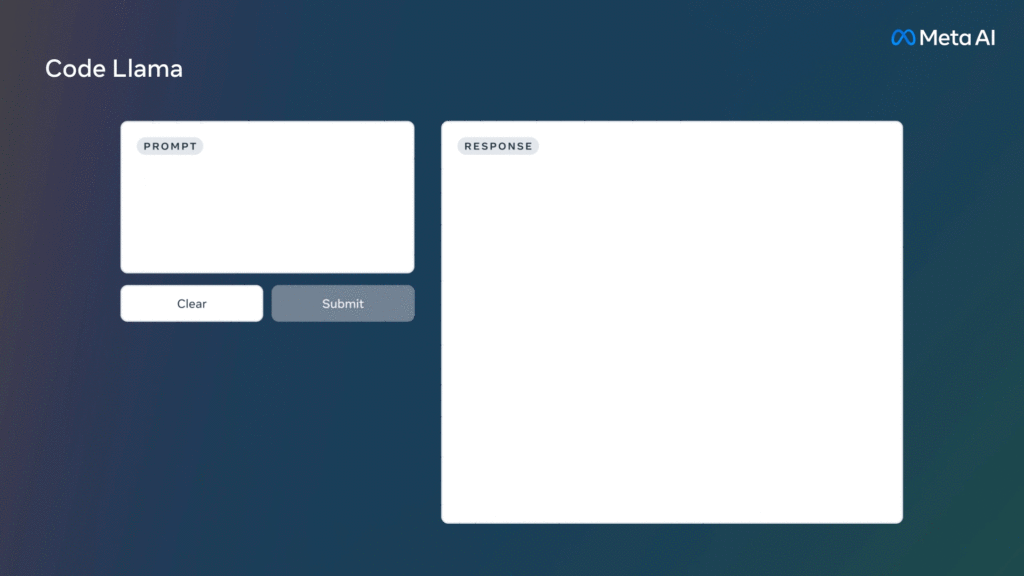
Advanced AI-Powered Tool Enhances Developer Workflows and Efficiency
Meta, the technology conglomerate formerly known as Facebook, has taken another leap forward in the world of artificial intelligence with the release of Code Llama, an innovative toolset designed to redefine how developers generate, refine, and debug code. Building on the success of their Llama 2 large language model, Meta’s Code Llama promises to reshape the software development landscape.

Unveiling Code Llama: A Paradigm Shift in Code Generation
Code Llama, the latest brainchild of Meta, introduces an advanced approach to code generation and debugging, leveraging the capabilities of their Llama 2 model. This sophisticated tool not only generates new code but also streamlines the debugging process for human-written code, marking a significant advancement in software development efficiency.
Community License for Research and Commercial Use
In a move aimed at democratizing technology, Meta offers Code Llama under the same community license as Llama 2. This means that researchers and developers alike can harness the power of Code Llama for both research and commercial purposes without incurring any licensing fees.
A Multifaceted Solution for Diverse Needs
Code Llama’s capabilities extend across a spectrum of programming tasks. The tool is adept at creating code strings from user prompts and seamlessly completing code segments. Furthermore, Code Llama shines in its debugging prowess when provided with specific code strings, assisting developers in identifying and rectifying errors in their codebase.
Specialized Versions for Enhanced Functionality
Meta has released tailored versions of Code Llama to meet the various demands of the developer community. The goal of Code Llama-Python is to provide the best possible assistance for Python programming tasks. Contrarily, Code Llama-Instrct has a great capacity for comprehension and interpretation of natural language commands. However, Meta underlines that each version of Code Llama is unique and cannot be used with another. They therefore advise against utilizing the standard Code Llama or Code Llama-Python for situations involving natural language education.
Elevating Developer Workflows
Meta’s motivation behind Code Llama stems from the desire to streamline developer workflows and enable them to focus on the creative and problem-solving aspects of their work. By leveraging AI-driven code generation and debugging, developers can now dedicate more time to tasks that require a human touch.
Unveiling Performance Benchmark
In benchmark testing, Code Llama showcased its prowess by outperforming publicly available large language models (LLMs). Although Meta did not explicitly mention the models used for comparison, the tool garnered a commendable score of 53.7 percent on the HumanEval code benchmark. Notably, Code Llama’s proficiency in translating textual descriptions into accurate code segments underscores its advanced language comprehension and generation capabilities.
Versatility Across Project Sizes
Meta recognizes the diverse range of projects that developers undertake. To cater to different requirements, Code Llama is available in three distinct sizes. The smallest iteration is tailored for low-latency projects and can be hosted on a single GPU, exemplifying Meta’s commitment to providing versatile solutions that cater to varying project demands.
Code Generation Landscape and Legal Implications
Code generation tools have been making waves within the developer community. GitHub’s Copilot, powered by OpenAI’s GPT-4, offers swift code writing and verification capabilities. Amazon’s AWS also has a similar tool named CodeWhisperer, catering to code-related tasks. Even Google has entered the arena with its upcoming tool, AlphaCode. However, these innovations have raised legal concerns, as seen with GitHub and OpenAI facing a lawsuit alleging copyright violations due to Copilot’s ability to reproduce licensed code.
As Code Llama makes its entry into the developer toolkit, it remains to be seen how the balance between innovation and adherence to copyright regulations will be navigated in this ever-evolving landscape. Nonetheless, Meta’s contribution to AI-powered code generation stands as a testament to the company’s commitment to pushing the boundaries of technology for the betterment of developers and the industry as a whole.







